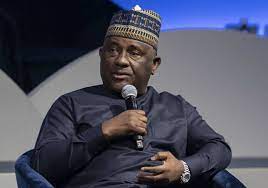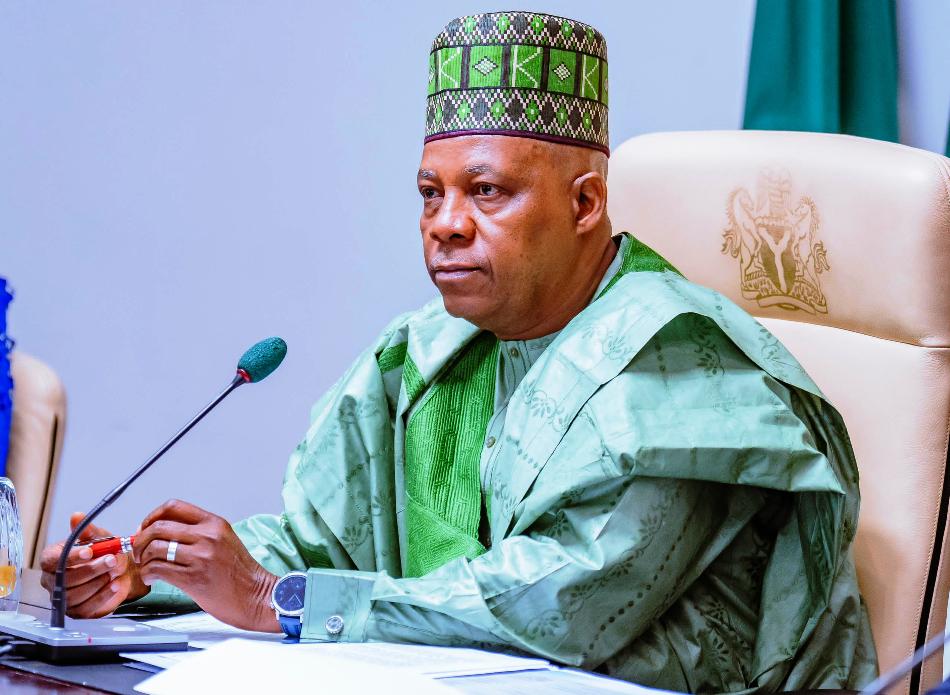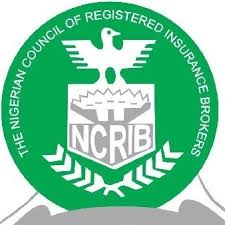The Manufacturers Association of Nigeria (MAN), Nigeria Employers’ Consultative Association (NECA), former Senate President, Association of Small Business Owners of Nigeria (ABON), and others have rejected the 15 per cent hike in port charges. They urged the Federal Government and Nigerian Ports Authority (NPA) to rescind the decision to avert a further shutdown of businesses in Nigeria.
While MAN argued that increasing tariffs in the current economic climate will have dire consequences, including increased cost of production, leading to higher prices of goods and fanning inflation; and reduced competitiveness of Nigerian manufacturers in local and international markets, NECA expressed deep concern over the four per cent Customs Administration Charge on Free on Board (FOB) value by the Nigeria Customs Service (NCS) as contained in the Nigeria Customs Service Act, 2023.
While revenue generation remains a priority for the Federal Government, NECA said imposing the levy amid prevailing economic hardships was ill-timed and detrimental to businesses and Nigerians.
Director General, Segun Ajayi-Kadir, said the manufacturing sector could not afford such an increase at this time and that the increase ran against the President Bola Tinubu administration’s efforts at making Nigeria a trading hub in the West African sub-region and would constitute a drag in efforts to stabilise the economy this year.
At this time when businesses are struggling with rising costs of operations, high FX, astronomical energy costs and general economic uncertainties, he said, imposing additional financial burdens on manufacturers through increased port tariffs will exacerbate their challenges. Ports are the gateway to international trade and play a crucial role in the efficiency and cost-effectiveness of business operations.
According to the United Nations Conference on Trade and Development (UNCTAD), 80 per cent of Nigeria’s traded goods are transported by sea, with 70 per cent of total imports and exports in West and Central Africa destined for Nigeria. This underscores the critical role Nigerian ports play in facilitating trade and industrial productivity.
The DG said, “For manufacturers, port-related charges constitute significant indirect costs, as most raw materials and industrial machinery are imported through these ports. Any increase in charges will have a ripple effect, leading to higher production costs, increased inflationary pressures and reduced competitiveness of locally manufactured goods. Many manufacturers, who operate as tenants in NPA facilities, will also face escalating costs, which could significantly disrupt the slight moderation in the mounting challenges that have bedevilled the manufacturing sector in recent times.”
Decrying that many businesses were experiencing a worrying downturn due to unsustainable operating costs, he said increasing port tariffs was ill-timed and signalled a departure from the government’s claim of improving the ease of doing business.
He added: “It is inevitable that this additional strain on industrial activities will lead to reduced capacity utilisation and possibly job losses. Neighbouring countries with more efficient and cost-effective ports will become far more attractive alternatives, leading to increased cargo diversion. This will not only reduce revenue for the Nigerian government but will encourage smuggling and other untoward trade practices that weaken our economy.”
Similarly, former Senate President, Dr Bukola Saraki, criticised the Federal Government over its newly introduced four per cent Customs charge on the FOB value of imports, warning that it would worsen economic hardship for Nigerians.
In a statement via his official X handle yesterday, he highlighted the financial burden it would place on businesses and households, saying with yearly imports estimated at N71 trillion, the new Customs charge on FOB value would come to N2.84 trillion.
“Does this mean that the NCS requires an additional N2.84 trillion yearly to do its job? Don’t forget they already have a budget and get an incentive percentage on total Customs duties collected,” he stated.
Saraki warned that the new policy would significantly increase import costs, which importers would ultimately pass on to consumers, further straining household budgets amid economic difficulties.
An importer, Segun Aderounmu, lamented that the President’s promise of bringing down the cost of doing business as well as inflation was looking like a mirage. He said at a time when businesses were suffering and promises were being repeated, NCS still went ahead to implement a fresh charge. All the respondents agreed that the timing for the hike was wrong.
Macroeconomic and policy analyst, Vincent Nwani, said with the government plotting to rebase inflation to its desired figures, on paper, it will look manageable but “the real inflation, the one we will see and feel in the market, the ability for Nigerians to pay for goods and services, is about to be worsened by these increases. Whether it is in the form of revised duties, new telecom tax or Customs duty, it will tell on the ability of Nigerians to take care of themselves or for businesses to thrive.”
ABON National President Dr Femi Egbesola, said with the recent NPA and Customs charge increase, nothing less than five per cent of businesses would shut down again this H1. “Five per cent might look small, but when you put it in numbers, that is about two million small businesses shutting down, which is a lot. People are being pushed to their limits; the middle class is gone and what we have are the rich and very poor. Many businesses are going to fold up when they can no longer bear these price increases. Telecoms are also increasing prices, energy prices are also looking to go up and if the government doesn’t intervene and provide alternatives, we know what this means. When businesses die, it means job losses, more poverty and reduced revenue.”
He said, at this point, there should be no single tariff increase of any sort.
“If the government cannot provide subsidy to alleviate businesses and consumers suffering, they should not add to it then, but I doubt the government has any good advisers,” he added.
Reacting to the policy, NECA’s Director-General, Adewale-SmattOyerinde, stated: “The Nigerian business environment is already burdened with multiple taxes, unpredictable policies and economic challenges. With rising unsold inventories and growing unemployment, policies should support businesses and not further strangulate them. These additional financial import-dependent businesses will escalate production costs, fuel inflation and threaten jobs. Ultimately, consumers will suffer from higher prices, worsening an already challenging economic climate.”
Oyerinde criticised NCS for prioritising revenue generation over its core mandate of trade facilitation and economic development, describing the approach as counter-productive and directly contradicting the government’s Ease of Doing Business agenda.
Criticising the move, he added: “With a revenue target of N10 trillion set for NCS in the 2025 Budget by the National Assembly, this levy appears to be a desperate attempt to meet revenue projections at the expense of businesses and ordinary Nigerians. While the government may achieve its revenue goals, the unintended consequences will be severe – higher costs of goods, business closures, rising unemployment and worsening economic hardship for millions of citizens.”






